How To Choose The Perfect Uni Klinger Gasket For Your Needs
Uni Klinger is the largest manufacturer of industrial gaskets and manufacturers various types of gaskets suitable for different applications, temperature and pressure range.
We manufacture soft gaskets, semi metallic and metallic gaskets for various industrial applications.
- Metallic gaskets are made from metals, and are most suitable for high temperature and high pressure applications.
- Non-metallic gaskets can be easily compressed, and are thus used in pipe flanges, compressor valves, and heat exchangers.
For selection of Klinger gaskets we require following parameters.
- Temperature
- Pressure
- Media
- Applications
UKL manufactures gaskets for high pressure medium pressure and for low pressure applications suitable for Steam, Oil, Acid, Gas, Water, Chemicals, Fuels and many other media. UKL provide gaskets from -250 °C to 550 °C temperatures.
Choosing suitable materials gaskets for given applications:-
- Temperature- possibly the most important factor in choosing a gasket material.
- At higher temperatures gasket joint need to be sealed, so the potential choices are quickly eliminated. If the system operating temperatures approach &continuous operating temperature are known the next best material should be chosen.
- Chemical compatibility to the media to be sealed against different chemicals.(including flushes and system cleanouts). There are many different fluids and gasses to seal against, and many different choices of gasket materials to seal against them.
- Pressure at the gasket joint. The internal pressure of the fluid should be a determining factor in choosing a gasket sealing material. If severe cycling or pressures changes occur frequently, a more robust material may be required.
- Application- this includes all factors such as the number, grade and size of bolts to create compression and the surface areas of the joint to be sealed.
Because pressure and temperature are so closely connected, it is often effective to consider them together by measuring Pressure x Temperature or PXT value. Review the specifications of the gasket material you are considering - if they are both near the continuous operating limits of the application, a more robust material should be used.
Factors Affecting Gasket Performance :-
A gasket has one basic function: to create a positive seal between two relatively stationary parts. The gasket must do a number of different jobs well to function properly - first, create an initial seal; second, maintain the seal over a desired length of time; third, be easily removed and replaced. Varying degrees of success are dependent on how well the gasket does the following:
1. Seals system fluid.
2. Chemically resists the system fluid to prevent serious impairment of its physical properties.
3. Deforms enough to flow into the imperfections on the gasket seating surfaces to provide intimate contact between the gasket and the sealing surfaces.
4. Withstands system temperatures without serious impairments of its performance properties.
5. Is resilient and creep resistant enough to maintain an adequate portion of the applied load.
6. Has sufficient strength to resist crushing under the applied load, and maintain its integrity when being handled and installed.
7. Does not contaminate the system fluid.
8. Does not promote corrosion of the gasket seating surfaces.
9. Is easily and cleanly removable at the time of replacement.
We also specialize in creating custom gaskets that meet industrial needs. Our team of technical specialists, design engineers, and industrial experts has created gaskets need for all kind of industries.

 Aerated Concrete Block Industry
Aerated Concrete Block Industry 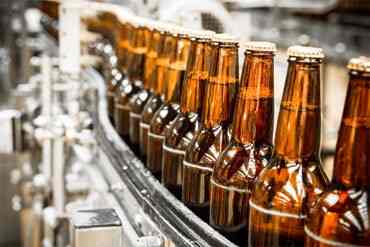 Brewery Industry
Brewery Industry  Captive Cogen Industry
Captive Cogen Industry 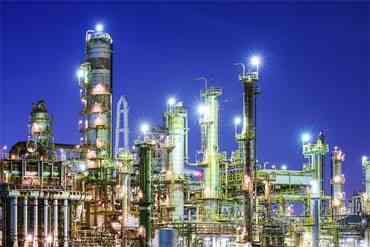 Chemical Industry
Chemical Industry  Dairy Industry
Dairy Industry 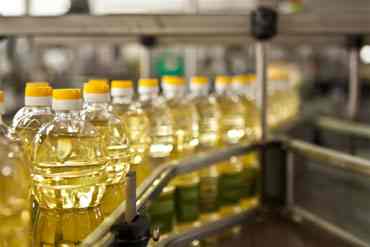 Edible Oil Industry
Edible Oil Industry 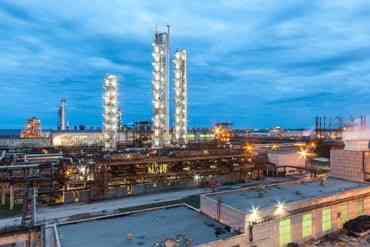 Fertilizer Industry
Fertilizer Industry  Hotel Industry
Hotel Industry 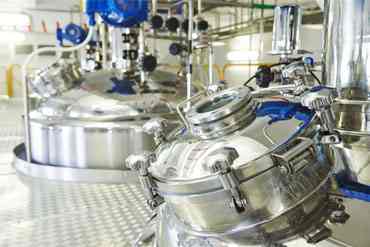 Pharma Industry
Pharma Industry 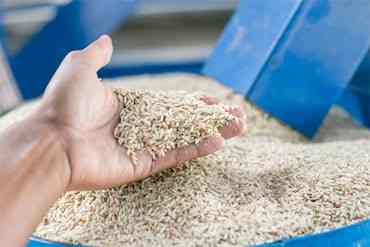 Rice Industry
Rice Industry 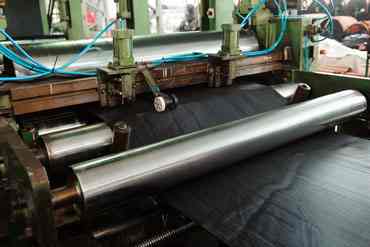 Rubber Industry
Rubber Industry  Soap Industry
Soap Industry 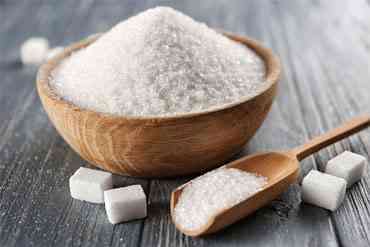 Sugar Industry
Sugar Industry  Textile Industry
Textile Industry 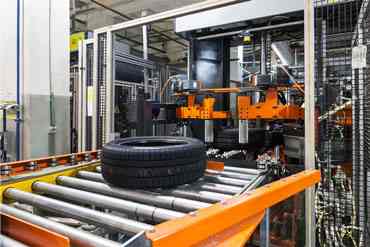 Tyre Industry
Tyre Industry